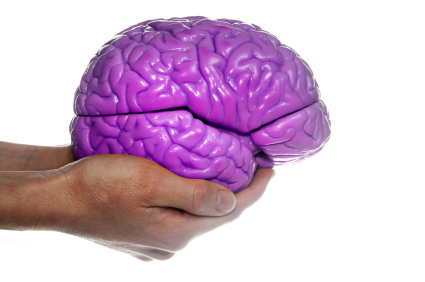The Danger of Sexual Addiction and What To Do If You're a Sex Addict
By Dr. Keith Witt
/
June 6, 2011


Sexual Addiction is not the same as Drug or Alcohol Addiction
Patric Carnes is the father of the sex addiction and recovery movement. His book, Out of the Shadows shines a light on compulsive sexuality as a destructive force that can demolish individuals and devastate families. Modern American culture finally understands that compulsive sexual acting out exists and is a problem very much like alcoholism, drug addiction, and compulsive gambling—but not exactly. Sexual compulsivity wrecks lives (Mark Sanford) and nations (Troy). But sexual compulsivity is not perfectly analogous to drug and alcohol addiction. We can live happily and joyfully without drugs or alcohol—though some of us are more genetically vulnerable to alcoholism and drug addiction. We’re not born with drives to drink or use drugs. But sexual union, romantic infatuation, and intimate bonding are drives that humans can’t completely turn away from. We’re born with evolutionary drives to be sexual, fall in love, and have intimate bonded relationships with lovers. Healthy human body/mind systems can crave sexual stimulation and engagement at all ages. Most of us yearn for romantic infatuation beginning around puberty, and eventually almost all of us progress into intimate bonding with special lovers as intimacy deepens over time.Drives demand attention and expression.
Hunger, thirst, dominance, breath, attachment with others, lust, and freedom are all drives. Drives demand attention and expression. When Patric Carnes (quoted in a recent L.A. Times article) likens ten-year-olds accessing porn with using drugs and alcohol he misses a developmental universal—normal sexual development involves sexual curiosity and expression. We don’t want to pathologize kids who track down images or descriptions of sex in answer to their blossoming sexuality. I don’t know about you, but when I found the odd Playboy or Penthouse when I was a kid, my reaction was always, “O boy! This is great!” Children can be sexually aware or interested at any age. How do we help our kids develop well as sexual beings? Most hunter-gatherer five and six-year-olds sexually experiment, and are fooling around with intercourse by around ten. Their cultures provide standards and developmental pathways so kids understand themselves as part of a coherent developmental sexual progression from birth to death. Hunter-gatherer tribes generally do not pathologize sexual development. Also—due to poorer nutrition and constant exercise—girls in these tribes generally aren’t fertile until later teen years (often not having regular periods till twenty); so early pregnancy is not as much of an issue for them as it is in well-fed, under-exercised American girls who are having periods as early as nine these days. I don’t mean to romanticize hunter-gatherer tribes. They fall apart when put in contact with modern cultures, often could care less about people outside the tribe, and can be violent and cruel. Historically, one eighth of hunter-gatherer men were killed by other tribesmen. The Indians who lived in Indiana were sixty-four times more likely to be murdered than the residents of Indiana today. On the other hand, hunter-gatherer tribes are often more accepting of relaxed sexual development than modern industrialized cultures. Let’s face it, normal sexual development is generally pathologized in American culture—we don’t want our kids to see sex, be sexual, or talk about sex with anyone. Everybody suffers from from the repressive aspects of these standards, but the sentiments involved are not all bad. It’s wonderful to be protective of children. Americans share values of eliminating abuse and helping children thrive, but how do we practically help children understand their own, unique sexual natures and grow to have vibrant, passionate, fulfilling love relationships? Some sexologists think eight-years-olds have a “Love Map” of whom they’ll be hot for throughout life. I’m sure some do and some don’t (images similar to those early Playboy/Penthouse babes still look pretty sexy to me). Either way, in the absence of loving attention and mature guidance, sexuality can become distorted. Distortion can take many forms—and I agree with Patric Carnes that sexual compulsivity is one of the most dangerous.If you are a sex addict, get help.
If you feel you might be sexually compulsive or wounded, go talk to a good therapist. Some potential red flags are:- If you are constantly masturbating, cheating on your spouse, endlessly pursuing new partners, keeping debilitating sexual secrets you are too ashamed to think about, much less share with others, you probably need help.
- If you feel your sexuality impairs work or your personal life, you probably need help.
Sexuality is not sick
Just don’t decide you’re sick because you have drives to lust and become infatuated, or because you get off on watching pornography or reading romance novels, or because you’re ashamed of some aspect of what turns you on. All this comes with the territory of being human and having to make sense of the drives we all share.Get my FREE Art and Science of Relationships Series
I’m a licensed clinical psychologist, lecturer and author dedicated to studying, teaching, and creating transformative healing systems. I’ve been practicing psychotherapy for 40 years.
I want to give you access to the really GOOD stuff.
And I want to give it to you free of charge.